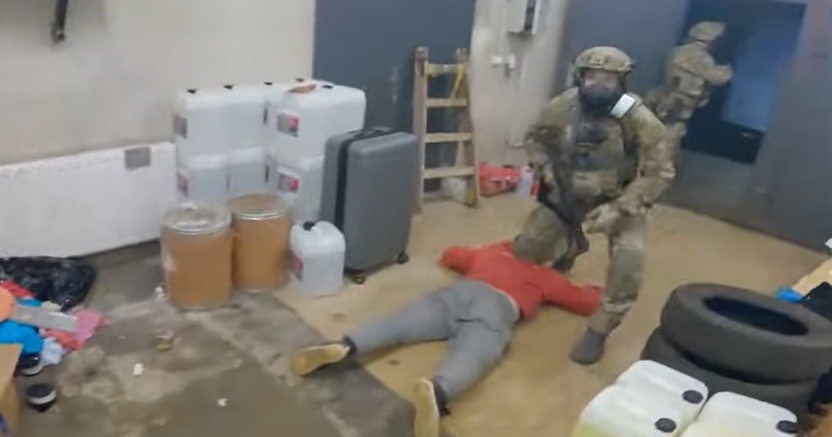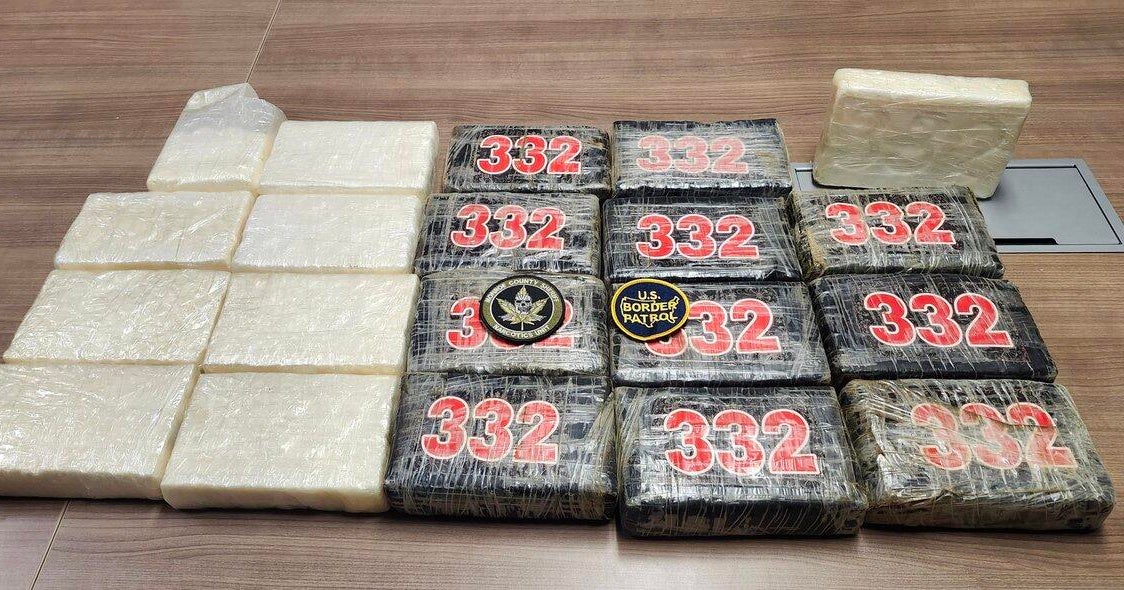Feds bust dark web marketplace that sold $430 million in fake money, drugs and more
Federal prosecutors have charged two men with running a dark web marketplace that allowed customers to purchase counterfeit money and other illegal goods, including drugs and stolen credit card information, worth more than $430 million.
Thomas Pavey, also known as "Dopenugget," 38, of Ormond Beach, Fla., and Raheim Hamilton, also known as "Sydney" and "Zero Angel," 28, of Suffolk, Va., owned and operated Empire Market from 2018 to 2020, prosecutors said.
The indictment charges Pavey and Hamilton with conspiring with each other and others to engage in drug trafficking, computer fraud, access device fraud, counterfeiting, and money laundering.
According to the indictment, unnamed customers, including one who lived in Northern Illinois, placed multiple orders for counterfeit money.
Prosecutors said Pavey and Hamilton told customers about features designed to thwart counterfeit detection tools and make counterfeit currency appear to be genuine currency.
According to the charges, Pavey and Hamilton worked together to advertise and sell counterfeit U.S. currency on AlphaBay, a dark web marketplace for illicit goods shut down in 2017. The indictment states that they began operating Empire Market on Feb. 1, 2018.
Thousands of vendors advertised goods and services on Empire Market, including controlled substances, compromised and stolen account credentials, stolen and counterfeit credit card information, and counterfeit currency. The controlled substances sold by vendors on Empire Market included heroin, methamphetamine, cocaine, LSD, opioids, and others.
Buyers on Empire Market could browse goods and services available by category. Categories of products and services offered on Empire Market included: "Fraud," "Drugs & Chemicals," "Counterfeit Items," and "Software & Malware," among others. These categories also had sub-categories. For example, the category "Drugs & Chemicals" included the sub-categories "Cocaine," "Heroin," "Morphine," "OxyCodone," "Prescription," "Meth," "Opium," and others.
According to the indictment, financial transactions on Empire Market used cryptocurrency to conceal the nature of the transactions and the identities of Empire Market administrators, moderators, vendors, and buyers.
During the investigation, federal law enforcement seized cryptocurrency valued at $75 million at the time of the seizures and cash and precious metals.







